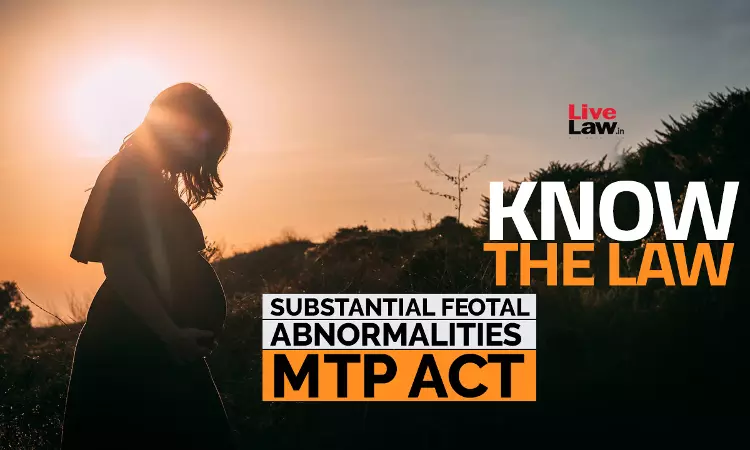What Constitutes Substantial Foetal Abnormalities Under Medical Termination Of Pregnancy Act? Delhi High Court Explains
Sofi Ahsan
6 Dec 2022 5:59 PM IST

Next Story
6 Dec 2022 5:59 PM IST
Overruling a medical board's opinion, the Delhi High Court on Tuesday allowed a 26-year-old woman to undergo termination of pregnancy at the stage of 33 weeks. While the first three ultrasounds of the woman had not shown any abnormalities in the foetus, the November 12 report revealed "significantly dilated left lateral ventricle of the brain". Despite the cerebral abnormality, a medical board...
